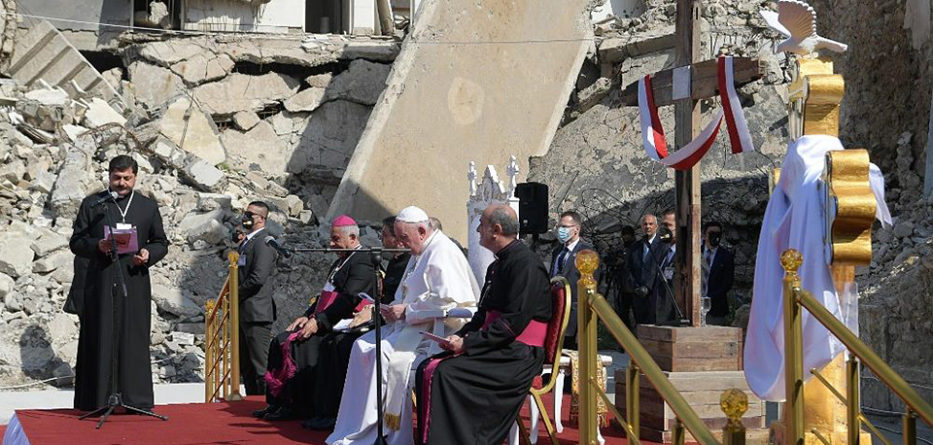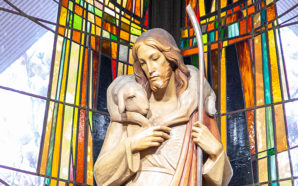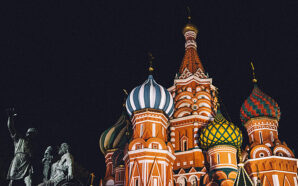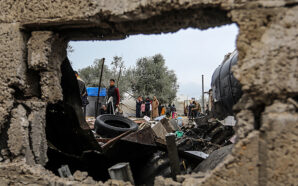Francis Seeks Forgiveness for the U.S. Invasion of Iraq
Pope Francis was determined to travel to Iraq this month despite security risks and a recent surge of COVID-19 cases in the country. When some advisers suggested he cancel, the pontiff threatened to fly commercial. Over the course of three days, Francis visited officials in Baghdad, prayed with Iraqi faith leaders in the ancient city of Ur in the south of the country, had an audience with the Shiite leader Grand Ayatollah Ali al-Sistani in Najaf, and offered mass for 10,000 people in Iraqi Kurdistan in the north (where many of Iraq’s remaining Christians live).
A major theme of the visit was Francis’s grief for the plight of Iraqi Christians, who numbered about 1.5 million in 2003 and are now fewer than 300,000. Christians have lived in Iraq for far longer than they have lived in western Europe, but the community has experienced convulsion after convulsion following the U.S. invasion in 2003. Violence (including church bombings and kidnappings for ransom) had driven many Christians from the country by the time the so-called Islamic State, or ISIS, appeared in 2014. The militant group further targeted religious minorities during its brief rule over stretches of northern Iraq. Many Iraqi Christians feel abandoned by their government in the wake of these ravages.
But in choosing the Middle Eastern country for his first excursion outside Italy since the beginning of the pandemic, the pope also had a more universal mission in mind. Cardinal Louis Sako, the patriarch of the Baghdad-based Chaldean Catholic Church, explained that Francis “insisted” on the journey because “he feels the pain of the people who are suffering”—a reference to all Iraqis, not just Christians. And as with all acts of papal diplomacy, the pope’s journey to Iraq was laden with symbolism. Francis has long stressed the importance of interfaith dialogue between Christians and Muslims. His meeting with the immensely influential Sistani epitomised this approach of comity and understanding, as well as Francis’s belief that the papacy, which initiated the First Crusade against the Holy Land nearly a millennium ago, must be used to bridge divides.
Francis journeyed to Iraq in the season of Lent not only as a pastor but as a penitent. His trip was an act of contrition—the most public and powerful one by a Western leader so far—for the 2003 invasion of Iraq and all the bloodshed and instability it unleashed.
To continue reading this article, click here.
Victor Gaetan is Senior International Correspondent for the National Catholic Register and the author of the forthcoming book God’s Diplomats: Pope Francis, Vatican Diplomacy, and America’s Armageddon.
With thanks to Foreign Affairs and Victor Gaetan, where this article originally appeared.
Foreign Affairs, the leading forum for serious discussion of American foreign policy and global affairs, is published by the Council on Foreign Relations (CFR), a non-profit and nonpartisan membership organisation dedicated to improving the understanding of U.S. foreign policy and international affairs through the free exchange of ideas.








